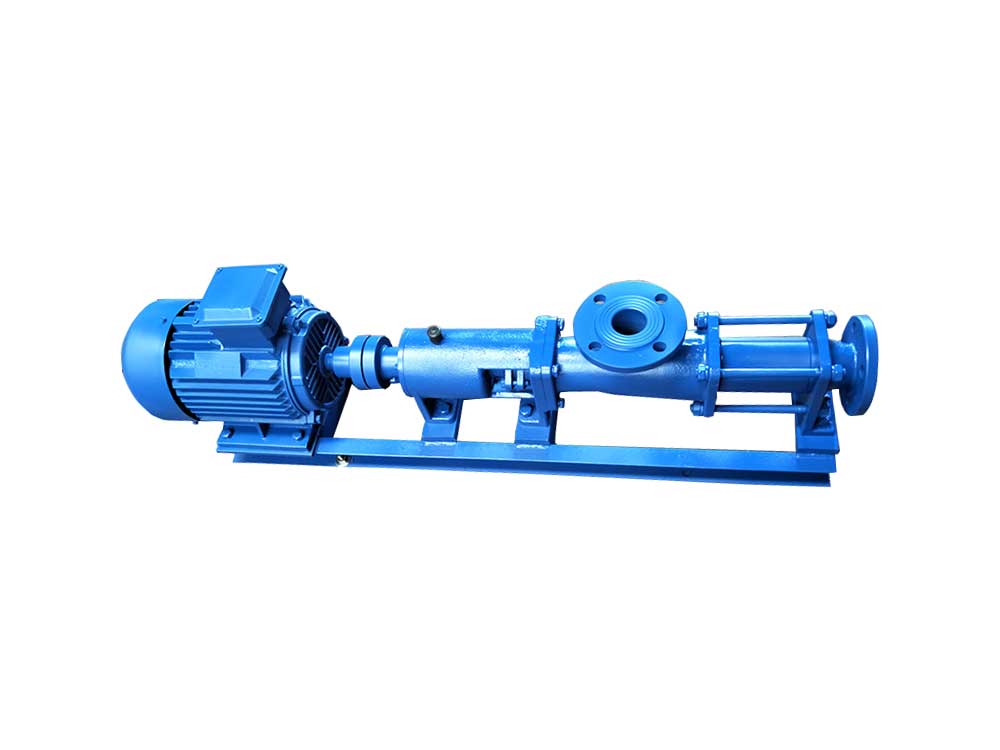REPLACING PROGRESSIVE CAVITY PUMPS WITH PERISTALTIC PUMPS from buzai232's blog
REPLACING PROGRESSIVE CAVITY PUMPS WITH PERISTALTIC PUMPS
Progressive cavity pumps are a type of pump that are very resistant to abrasion. There is no metal-metal contact, as is the case with gear or lobe type pumps, nor do they work at high speeds like centrifugal pumps, since they are designed to withstand a certain degree of abrasion.To get more news about progressive cavity pump spare parts, you can visit brysonpump.com official website.
However, there are applications in which some components wear out and cause problems.
In some applications with highly abrasive products, the life of the stator and the rotor of the progressive cavity pumps is limited, since there is significant friction between the metal rotor and the rubber stator.

In other applications, where the product polymerises or plasticises when in contact with air (for example latex), there could be some sealing problems in the mechanical seals.
Another limitation of progressive cavity pumps is that they are completely unable to run dry.The product being pumped lubricates the friction between the stator and the rotor. If the pump runs dry, the stator is immediately damaged.
No moving parts are in contact with the product. This way, the abrasive product does not affect the lifetime of any component. They also work at very low revolutions. The speed range of industrial peristaltic pumps is very low, usually under 50 rpm. Thus, the lifetime of the hose is not at all affected by the abrasive effect of the pumped product, achieving a useful life of the hose that is the same as what is obtained by pumping a non-abrasive product.
They don’t need mechanical seals. By not having any moving parts in contact with the product, there is no need to use complex sealing systems such as mechanical seals, packing glands or other things, removing the problems associated to these components with some complicated products.
They can run dry indefinitely. The product being pumped does not provide any lubrication, so the pump can work indefinitely without product, without any damage being caused.
They can prime dry at very high elevations. The suction capacity of peristaltic pumps is very high and they do not need to be flooded to do so.
Post
| By | buzai232 |
| Added | Feb 12 '23, 07:38PM |
Tags
Rate
Archives
- All
- December 2017
- November 2017
- October 2017
- September 2017
- June 2017
- May 2017
- December 2018
- November 2018
- October 2018
- September 2018
- August 2018
- July 2018
- June 2018
- May 2018
- April 2018
- March 2018
- January 2018
- December 2019
- November 2019
- October 2019
- September 2019
- August 2019
- July 2019
- June 2019
- May 2019
- April 2019
- March 2019
- January 2019
- December 2020
- November 2020
- October 2020
- September 2020
- August 2020
- July 2020
- June 2020
- May 2020
- April 2020
- March 2020
- January 2020
- December 2021
- November 2021
- October 2021
- September 2021
- August 2021
- July 2021
- June 2021
- May 2021
- April 2021
- March 2021
- February 2021
- January 2021
- December 2022
- November 2022
- October 2022
- September 2022
- August 2022
- July 2022
- June 2022
- May 2022
- April 2022
- March 2022
- February 2022
- January 2022
- December 2023
- November 2023
- October 2023
- September 2023
- August 2023
- July 2023
- June 2023
- May 2023
- April 2023
- March 2023
- February 2023
- January 2023
- November 2024
- October 2024
- September 2024
- April 2024
The Wall